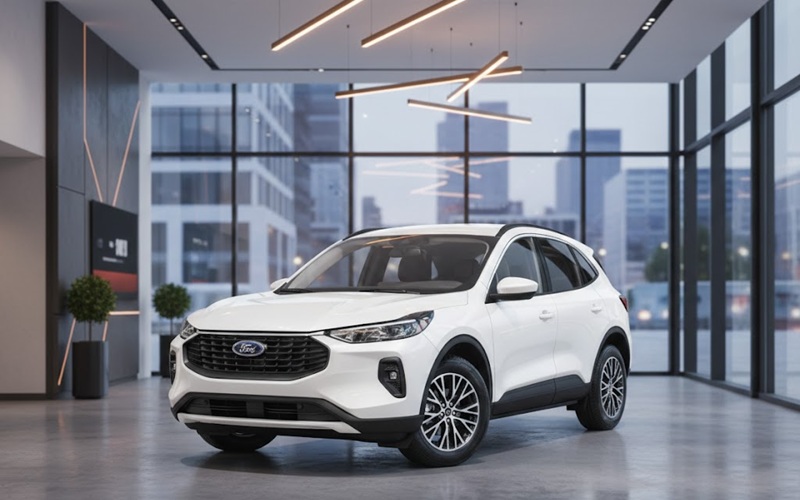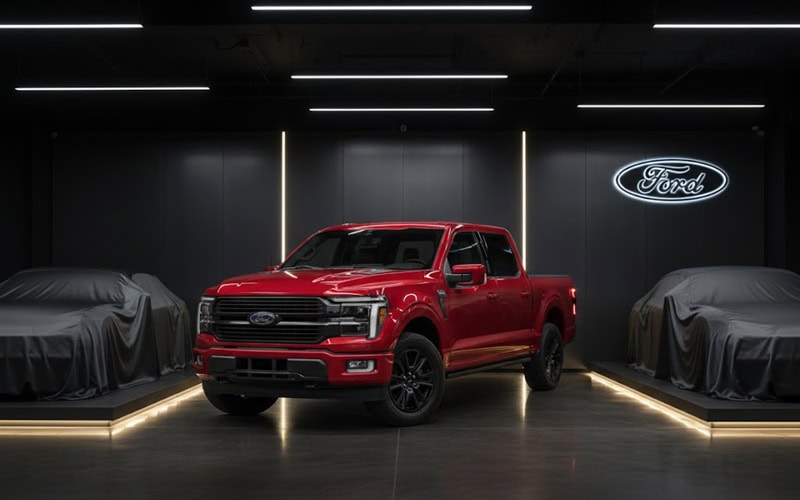
For most drivers in the GTA and across Ontario, choosing between paying cash or financing a vehicle is one of the biggest decisions in the buying process. Both options can make sense depending on your goals, your budget, and the long-term value you want from your purchase.
This guide breaks down the real differences—beyond the usual dealership talk—so you can decide what fits your situation best.
1. What It Means to Buy a Vehicle in Cash
Paying cash means you purchase the vehicle outright with no loan, no interest, and no ongoing monthly payments. It’s the most straightforward way to buy a car—but not always the most financially strategic.
When paying cash makes sense
• You want the lowest possible long-term cost
No financing means no interest charges and no loan administration fees.
• You don’t want monthly commitments
Once the vehicle is paid for, ownership costs only include fuel, insurance, and maintenance.
• You plan to keep the vehicle for a long time
Cash buyers often hold on to vehicles for 7–10 years, making the upfront cost worthwhile.
• You’re purchasing a pre-owned vehicle
For used vehicles, interest rates can sometimes be higher; cash can simplify the process.
When paying cash may not be ideal
• You’d drain your savings
Using all your liquidity to pay for a vehicle can limit your emergency funds.
• You want access to current financing incentives
Automakers, including Ford, frequently offer low or 0% APR promotions that make financing less expensive than using your own cash.
• You’re building or rebuilding credit
Financing creates a positive credit history when payments are made on time.
2. What It Means to Finance Your Vehicle
Financing spreads the cost of your vehicle over a set term—often 36 to 84 months—so you don’t have to pay the entire amount upfront.
When financing makes sense
• You want to keep more cash on hand
Financing helps maintain savings for other life expenses, investments, or emergencies.
• You want to take advantage of low or 0% APR offers
Auto manufacturers often promote compelling financing options that reduce or eliminate interest cost.
• You prefer predictable payments
Financing provides a consistent monthly budget, especially helpful for families and commuters.
• You upgrade every few years
Drivers who renew their vehicles regularly often finance to avoid tying up capital.
When financing may not be ideal
• You want full ownership immediately
With financing, the lender holds the lien until the loan is paid off.
• You’re trying to minimize long-term cost
Even at low rates, interest payments can add extra expense compared to paying cash.
• You don’t want long commitments
Choosing a longer term, such as 72 or 84 months, can mean carrying a loan for several years.
3. The Real Cost Difference: Cash vs Financing
The right choice depends on two main factors:
Interest Rates
If current Ford financing rates are low—or even 0%—borrowing can be more cost-effective than using your own savings.
Rebates
Sometimes manufacturers offer cash purchase rebates that are not available with financing.
Other times, financing incentives offer more value.
The strongest choice often comes from comparing:
- Cash rebates + full upfront payment
vs. - Financing offers + interest savings
Every month, the structure of these incentives can change.
4. How Your Driving Plans Factor In
If you keep your vehicle long-term
Paying cash gives you immediate ownership and no monthly expenses later.
If you trade every few years
Financing can preserve your capital and help you move into a newer model more easily.
If you’re starting a new job, family, or financial chapter
Financing can offer flexibility and protect your savings.
5. What Most Ontario Drivers Choose
Across the GTA, a large percentage of buyers lean towards financing—not because cash is wrong, but because:
- Vehicle prices have increased industry-wide
- Low and promotional APR offers make financing more affordable
- Monthly payments fit better into structured budgets
- Financing keeps more savings available for other priorities
But cash buyers still benefit when incentives or personal financial strategies align with an upfront purchase.
6. So—Which Option Is Better for You?
There isn’t a one-size-fits-all answer. The right choice depends on:
- Your budget
- Your savings goals
- Interest rates at the time of purchase
- Current Ford Canada rebates
- How long you plan to keep the vehicle
- How much you value monthly payment flexibility
A good rule of thumb:
Choose cash
if you want to minimize long-term cost and can comfortably afford the full amount without affecting your financial stability.
Choose financing
if you want to keep more liquidity, take advantage of incentives, or prefer manageable monthly payments.



